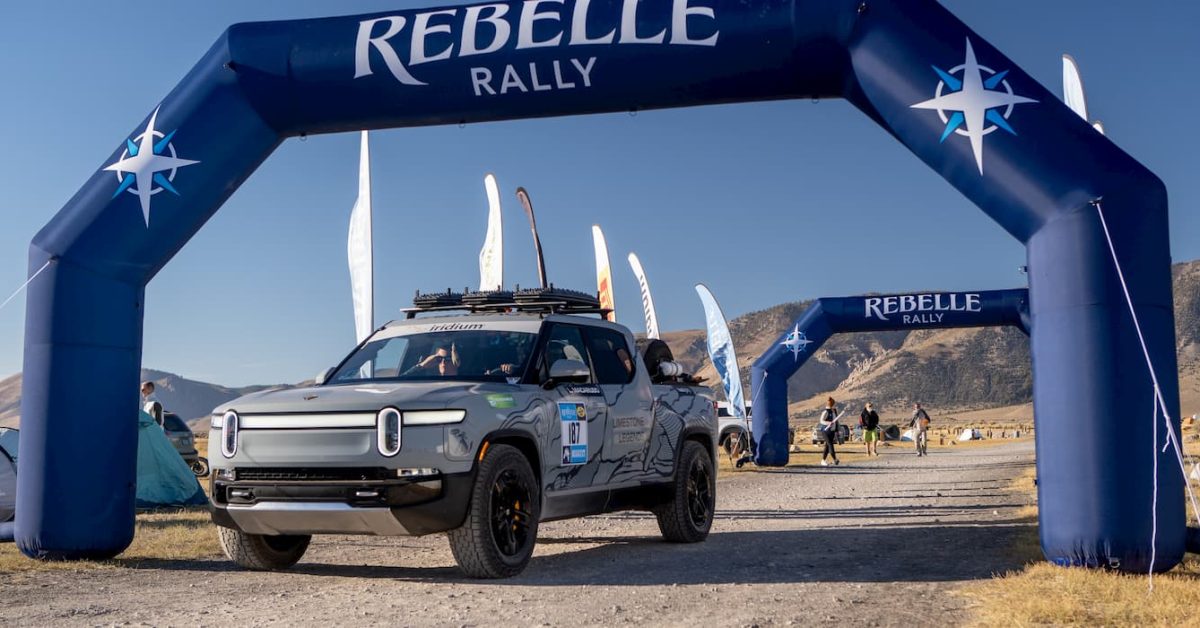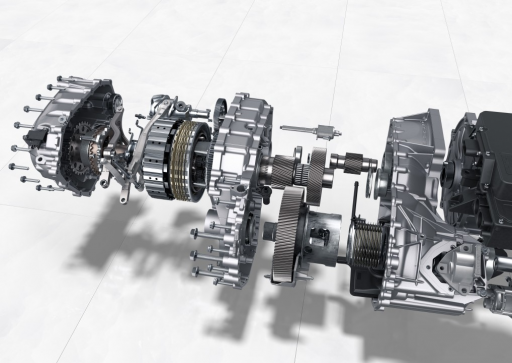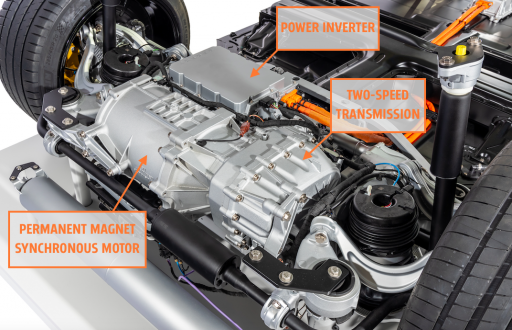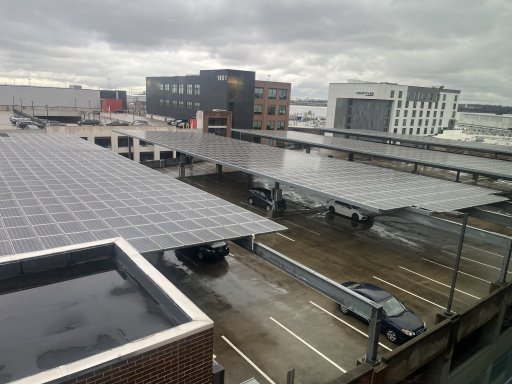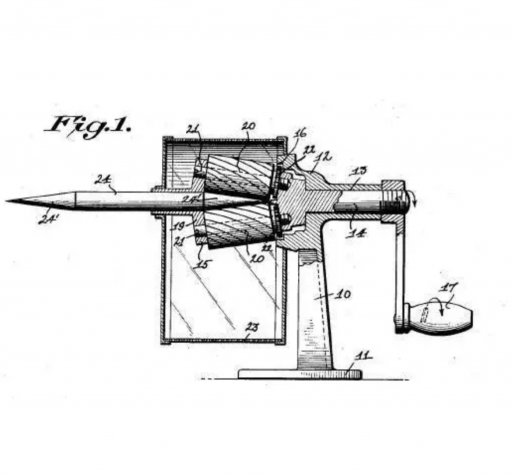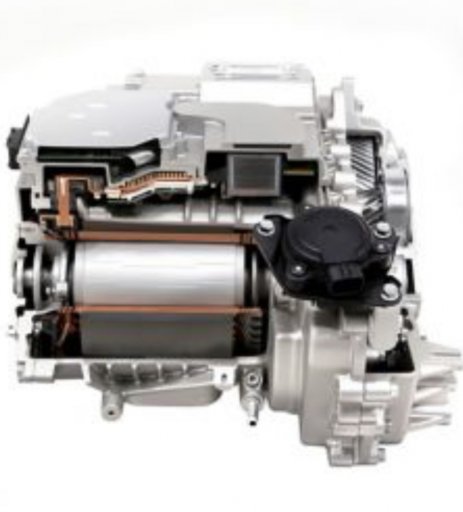This is the main reason I'm excited to see what the future brings in EVs built for off-road use.
As far as I'm concerned
there are no drawbacks to them. Not for me.
Considering all the problems I've had and thousands upon thousands of dollars I've spent on repairs for the dozen or so ICE vehicles I've owned for the past 40 years, I'll take my (minimal) chances on another EV. When I bought my first EV I wasn't a tree hugger or an EV fanatic. It was right after C0vid started and gas prices skyrocketed. Electric for an EV was 1/4 the cost (based on mileage) so it was a no-brainer.
I needed a reliable car (that I can fit in at 6'6'') and that isn't a Focus, a Sentra, a Prius, or any of the typical econoboxes you normal people can drive.
So I picked the Chevy Bolt EV. It was FAR less expensive to maintain than any car or truck I'd ever owned and electricity to fuel it was much much cheaper than the fuel I would have paid for if it had been an ice vehicle. For the few years I owned it, I never had to do anything but replace the wiper blades and cabin air filter. I had the brakes checked a couple of times just to make sure they were okay since I never used them due to my expert ability to use regen. It also only cost me $20k to buy it because it was used. I sold it for $19k nearly 3 years later too. I see the same vehicle going for the same price today, 3 years later. (I bought mine 3 years old with 30k mi) When the battery recall came out, Chevy could not have treated me better... They paid for a rental for the entire week the dealership had my Bolt to replace the battery. Then they gave me a new 8-year/100k mile warranty... on a 5-year-old car. Haha. EV anxiety? Nope. So I'll be getting another one soon. I have zero range anxiety or fear of "what might happen". I don't live that way. I've never even used a charger other than the Level 1 charger at home so I couldn't care less about charging infrastructure. I just plugged it in every day when I got home and used it as my daily driver. Once a month I'd go to the VA which was about an hour away. It did that with no problem, with the A/C blasting, the radio thumping, and with my heavy right foot mashed down. All in all, my experience has proven that EVs are the best way to go, for me, as far as a super reliable daily driver goes.
I'm curious to see what the future holds for an EV that is a capable off-roader but that can still be had for under $50k.
I heard about the e-Wrangler but I have zero interest in anything made by Jeep. They're the least reliable brand I've owned. Toyota has been the most.
So a 4Runner EV or better yet, an FJ EV would be ideal.



